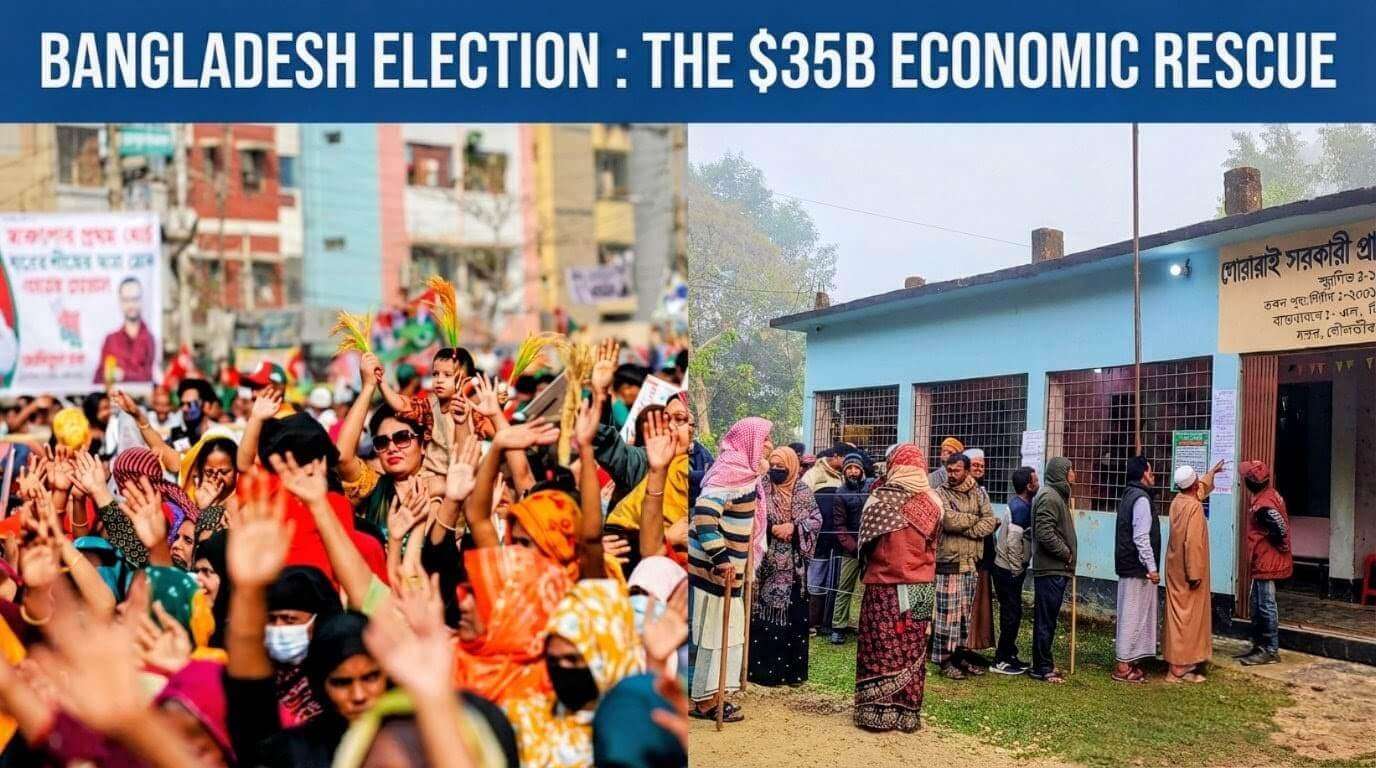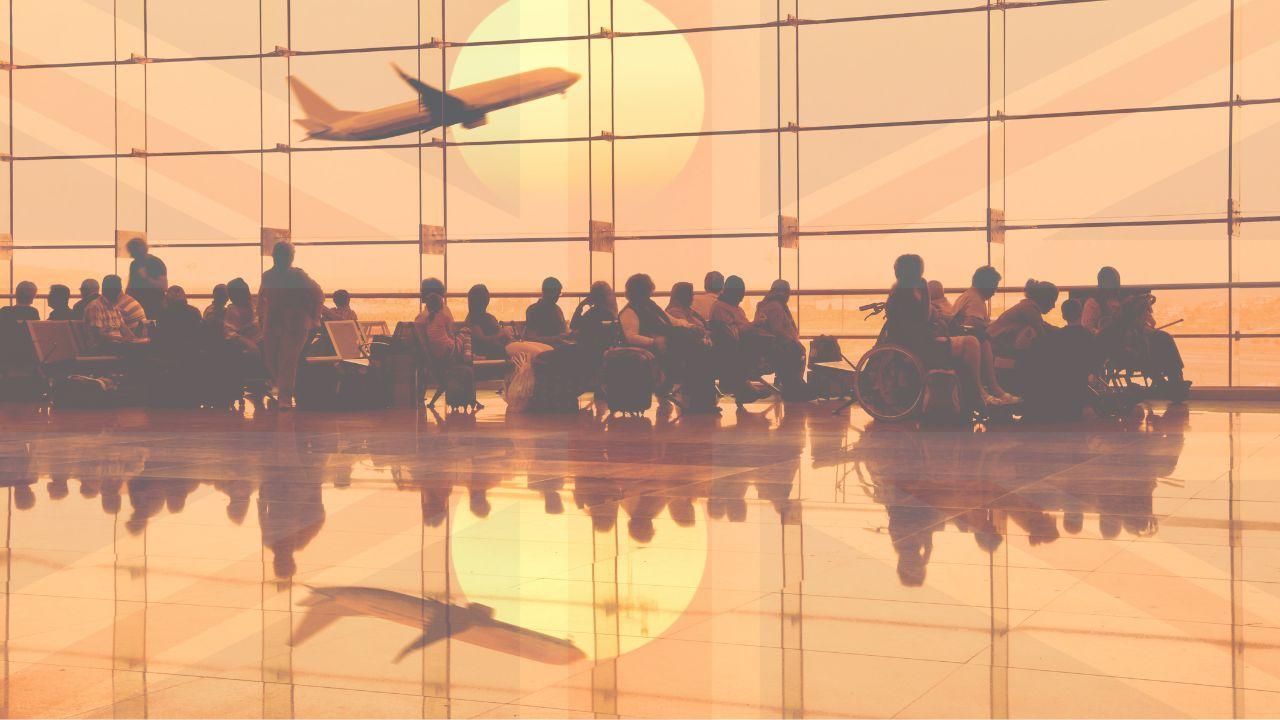Whatever you think of the UK immigration system, the curious mind can always unearth new horrors from its murky depths. Consider applying for a "EU Settlement Scheme Permit" visa; about 139,000 people have done so to date, albeit not all of them are what you might anticipate.
This visa was created to enable family members with passports from other EU (and EEA) nations to be brought across by EU (and EEA) nationals who were residing in Britain before to the end of the Brexit transition period (December 31, 2020). It essentially serves as a temporary work or study permit, enabling the bearer to reside in the UK and engage in employment or study for a maximum of six months, after which
However, once in the UK, the visa holder is allowed to apply to the EU Settlement Scheme and obtain "pre-settled status" if they can show that they have a sufficiently close relationship with their family member there and that the relationship started before December 31, 2020. This allows them to work and study in the UK, gain access to the NHS and welfare system, and start the process of becoming citizens.
You might assume most people using the “EU Settlement Scheme Permit” would be nationals of the 27 EU countries like France, Spain and Poland. In fact, Home Office data published this month shows that only 3.2 per cent of the 139,000 visas issued have gone to nationals of the EU27.
It turns out that the vast majority have instead gone to nationals of countries such as India (19.9 per cent), Pakistan (19.8 per cent), Bangladesh (7.6 per cent), Albania (6.5 per cent), Ghana (5.1 per cent), Somalia (4.5 per cent), Nigeria (4.0 per cent) and Moldova (3.8 per cent). Afghans using this route outnumber Poles four to one. Brazilians outnumber Germans eight to one. Senegalese outnumber Belgians sixteen to one.
Now there might be perfectly legitimate reasons why such a large proportion are not EU nationals, perhaps to do with how the EU Settlement Scheme (which saw 5.7 million EU nationals granted the right to settle in the UK) was originally implemented.
That being said, it is curious that only 0.5 per cent of the “EU Settlement Scheme Permit” visas have gone to nationals of developed English-speaking countries – Australia, Canada, New Zealand and the USA. And if we look at rich Asian countries, Japan and South Korea, that share drops to just 0.1 per cent. Wouldn’t they have European relatives, too?
Which leaves us with a deeply alarming possibility: that what we are seeing in this data is visa fraud from developing countries on an industrial scale. Evidence that may support this theory emerged just this week, when four members of a Nigerian criminal gang were jailed after forging more than 2,000 marriage certificates and accompanying documentation. These certificates were created between 2019 and 2023, with the intent of getting visa holders on the EU Settlement Scheme path.
This wasn’t just a small-time operation, either. These fraudulent certificates equated to about 1.4 per cent of all EU Settlement Scheme Permit visas issued, and around 35 per cent of those which have gone to Nigerian nationals. These are extraordinary numbers.
There’s also no reason to think this is a one-off. Fraud has been rife on other visa routes in recent years, notably qualification fraud on the Health and Care visa. The countries which rank highly on the EU Settlement Scheme Permit route also tend to rank highly on international indexes of corruption. For example, Transparency International places Pakistan as the 133rd most corrupt country in the world (out of 180), with Nigeria at 145 and Somalia at 180 (the UK places joint 20th, alongside the likes of Austria and France but behind the Nordics and other English-speaking countries like Canada).
This matters – and not just as a matter of principle. As a recent Centre for Policy Studies paper that I co-wrote with the Conservative MPs Robert Jenrick and Neil O’Brien showed, migrants from such countries have historically been much less likely to be net contributors to the Exchequer than nationals of EU and other developing countries. Yet, like most migrants, they still put pressure on housing, infrastructure and public services.
There is evidence, in other words, that the EU Settlement Scheme is being abused – possibly on a very significant scale indeed. Ideally, the scheme could be simply scrapped – but that would mean reopening the EU-UK Withdrawal Agreement. And while Keir Starmer is keen to do so, he’s not likely to do so on terms that would reduce immigration – quite the opposite, if reports are to be believed.
The Government must put a lot more effort into working out who these people are, whether their visa claims were legitimate, and removing them if they are not. Remember: in theory, these visas are only for six months. That means migrants entering on this route will not feed into the net migration numbers.
While it’s impossible to tell from the available data exactly how many gained pre-settled status, how many slipped off into the grey economy and how many actually left, it seems a fair bet that migration to the UK has been thousands and perhaps tens of thousands higher than the official numbers, which were already staggeringly high.
In other words, the EU Settlement Scheme Permit appears to be yet another hole in the Swiss cheese that is Britain’s immigration system.








.svg)
